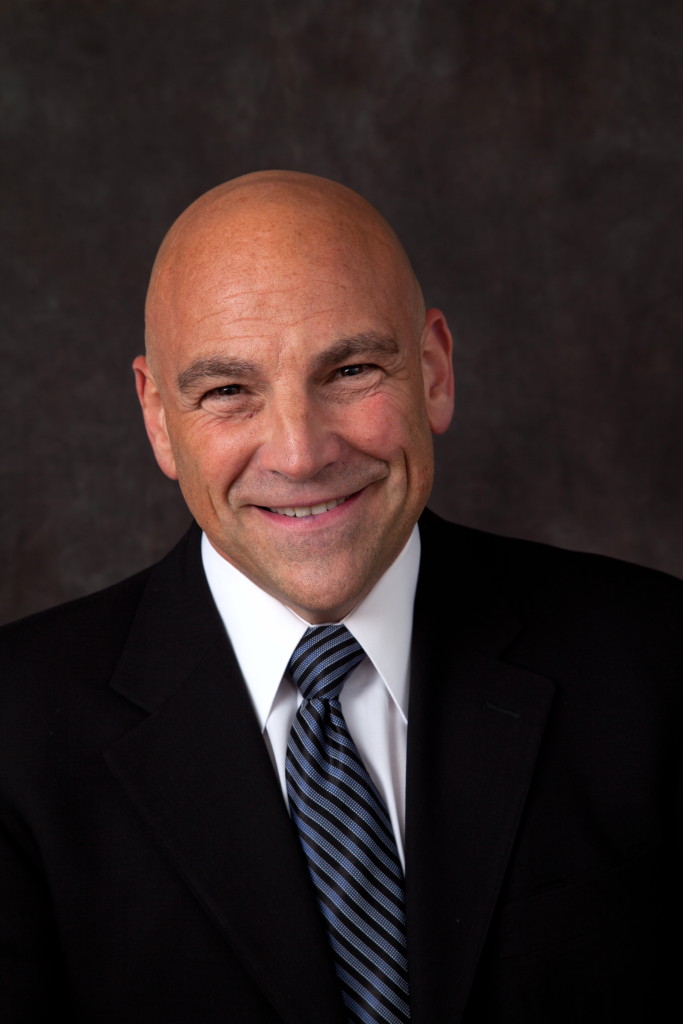An area orthopedic surgeon is seeking ways to combat burnout among his colleagues.
Dr. Steven Reich, through The Humanologi Foundation, a nonprofit he and his wife founded to refocus attention on the roles of empathy, humanism and compassion in healthcare, is partnering with the American Medical Student Association (AMSA) on multiple initiatives intended ultimately to address rising rates of stress and burnout among doctors.
A practicing surgeon for close to 30 years, Reich was moved to establish the foundation by the progressive decline he has personally witnessed in job satisfaction among physicians
He has watched many colleagues suffer, to different degrees, while he has thrived, loving his experience as a physician, caring for patients. His main motivation is to see more doctors have the positive experience he has, according to information provided on his behalf.
“So many physicians are burned out today,” said Reich, who practices with Affiliated Orthopaedic Specialists in North Brunswick and Manalapan. “It used to be that people were burned out after 20 years, then it was 10 – now it’s not uncommon to hear about residents who are burned out.”
To ensure that more students are able to access education and training, AMSA’s new Institutional Partner Program for Albert Einstein College of Medicine, Reichs’ alma mater, will provide membership to AMSA for all medical school students at the institution, as well as providing educational resources, training and programming for their students.
As another piece of the AMSA partnership, The Humanologi Foundation will underwrite a significant portion of the fee associated with a self-awareness assessment, which is available to association members via AMSA. The assessment, customized report, debrief and targeted educational content will be provided to participating students as part of the Humanologi program.
The assessment and customized report were specifically designed for medical students by J3Personica, a healthcare advisory firm that specializes in evidence-based behavioral tools. The assessment allows medical students the opportunity to gain
personal insights into their own tendencies and behaviors. And this, in turn, translates to personal insights related to their own behavior; these insights can help them manage stress, better communicate with others, manage relationships and aid in developing strategies for career success, according to the statement.
The foundation, which was founded last year, will also fund competitive scholarships for students to participate in two separate distinguished medical charity programs: Save a Child’s Heart, which provides life-saving heart surgery for children from developing countries who do not have to access to this highly specialized care, and Shalva, a program which creates new frontiers in disability rehabilitation, research and inclusion for individuals with developmental disabilities.
Unlike the estimated half of physicians who are dissatisfied with their work, Reich said he loves what he does and is happy with his career choice – despite the numerous challenges that exist in healthcare. His aim is to help more clinicians experience the “tremendous joy and value in the lifesaving work we do.”
For more information, visit amsa.org.

